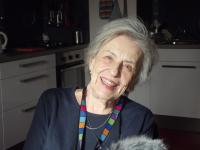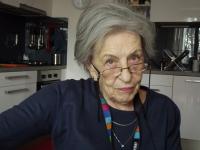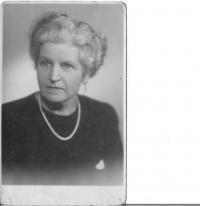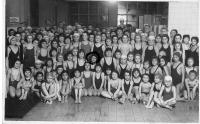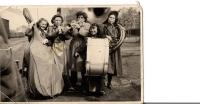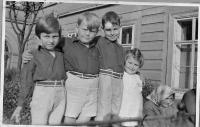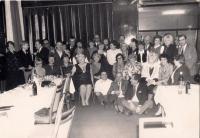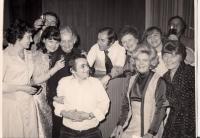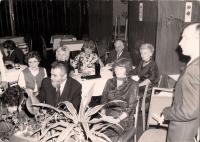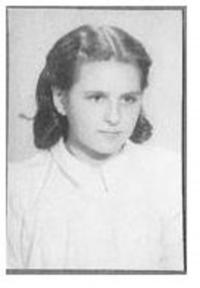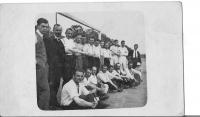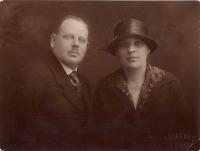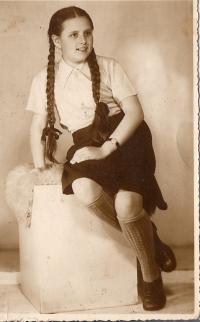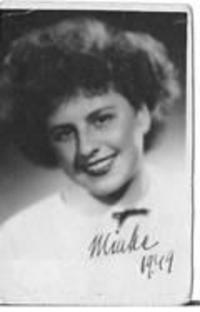To feel good because people understand me
Miloše Sedláčková was born into the family of Emil and Anastázie Fuchs. Her father was of Jewish origin, and she was expelled from the grammar school during the war for being Jewish. She was also not allowed to perform in the Disman Radio and Theatre Ensemble of which she was a member. After the war she stayed in the ensemble of Olga Putzkerová, which separated from the Disman‘s ensemble when the communist regime began gaining power. In 1949 she graduated from grammar school and successfully passed the admission tests to the Faculty of Medicine of Charles University. Later she became a specialist in children gastroenterology. She is the author of pioneering works on the Helicobacter pylori bacteria which causes stomach ulcers in adults and children. After the Soviet occupation in 1968 she was discriminated at work and was not allowed to lecture. In spite of this, she managed to continue with developing her specialization thanks to the help of her friends. She was rehabilitated in 1989.

